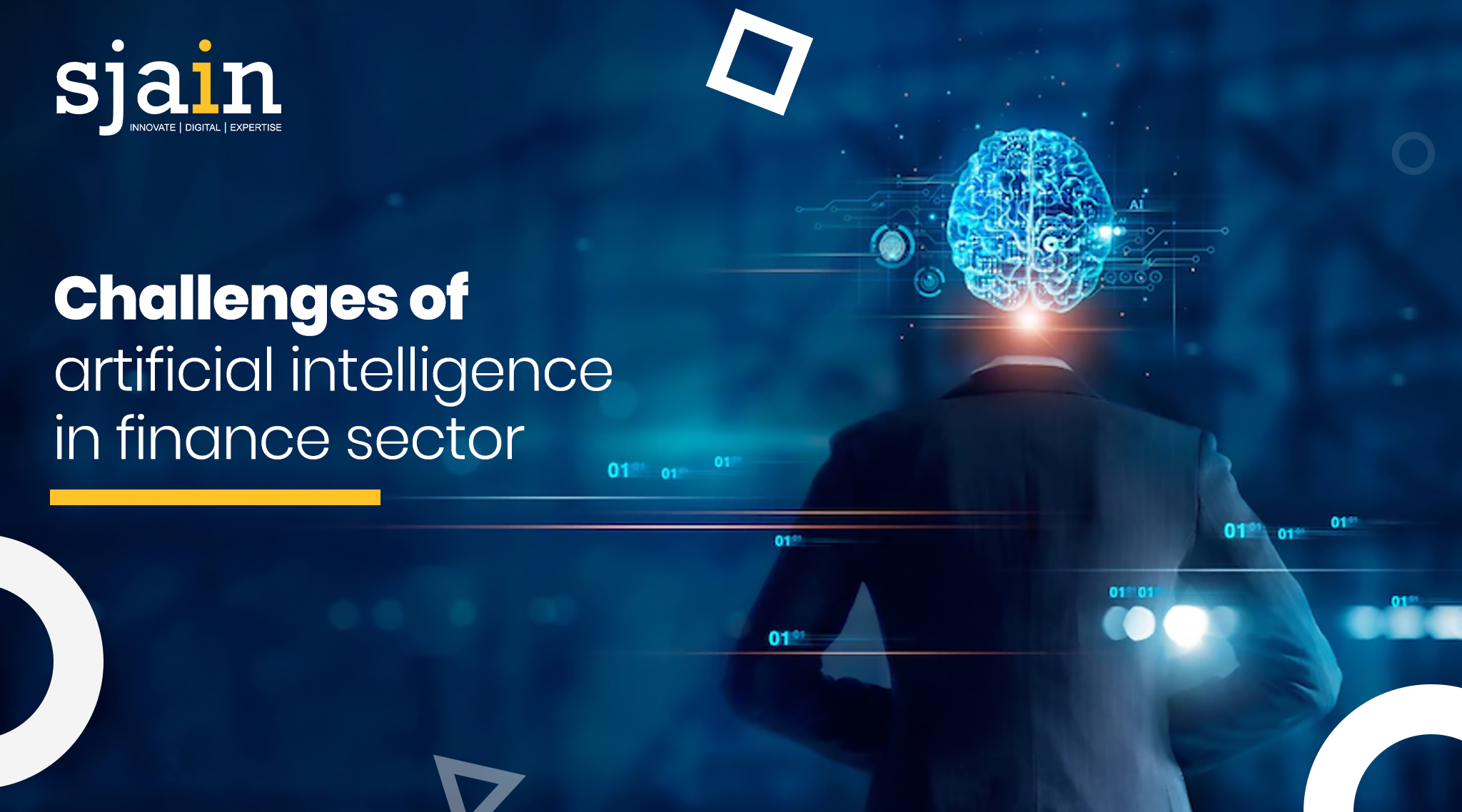Challenges Of Artificial Intelligence In Finance Sector
Artificial intelligence is revolutionizing the way we live, work, and play in this day and age. It’s affecting every industry, as well as our day-to-day lives, and now, it’s even starting to affect the finance sector! While artificial intelligence can mean a lot of different things, what it boils down to is machines that can act or think as humans do—think robots! Today’s machines are able to learn tasks faster than humans, but how does that affect the finance sector?
The finance sector has faced many changes over the past few decades, including the rise of artificial intelligence (AI). AI can help make key financial decisions more quickly and accurately than ever before by combining large amounts of structured and unstructured data in real-time, but that doesn’t mean it’s ready to take over financial management just yet. There are still several hurdles preventing companies from fully implementing AI in their finance departments.
For decades, AI has been the subject of movies and science fiction, but it’s now becoming an important tool in the finance sector in real life as well. However, AI brings with it its own set of challenges that finance managers need to be aware of if they’re going to use AI successfully.
So What Are The Challenges of Artificial Intelligence In Finance Sector?
Problems with algorithmic trading
One of the challenges of artificial intelligence in finance sector is algorithmic trading. This is when computer programs are used to buy and sell assets in order to make a profit. However, there are several problems with this type of trading. First, creating an algorithm that can beat the market can be difficult. Second, even if an algorithm is successful, it may only be successful for a short time before other traders catch on and start using similar algorithms. Third, algorithms can make mistakes, and these mistakes can cost a lot of money. Fourth, algorithmic trading can increase market volatility. Fifth, it can be difficult to monitor all of the trades that are being made by algorithms. Sixth, algorithmic trading can lead to market manipulation.
Data availability
Another main challenges of artificial intelligence in finance sector is data availability. There is a lot of data that is needed to train machine learning models, and it can be difficult to obtain. Another challenge is that financial data is often unstructured, making it difficult to use for predictive modeling. Additionally, financial data can be volatile and change rapidly, making it difficult for models to keep up. Another challenge is that many regulations in the financial sector can restrict what data can be used and how it can be used. Finally, the finance sector is risk-averse, so there may be hesitance to adopt new technologies like artificial intelligence.
Read: Best Artificial Intelligence Business Ideas in 2022
Regulatory issues
The third most affecting challenges of artificial intelligence in the finance sector is regulatory issues. With the rapid pace of technology change, it’s hard for regulators to keep up. This can create uncertainty and risk for businesses that are using AI. Additionally, there are concerns about data privacy and security when it comes to AI. due to a lot of sensitive data being stored in financial institutes, which needs to be secured. Another challenge is that AI can be used to manipulate markets or commit fraud. This needs to be protected by taking steps and being aware of these kinds of risks.
Impact of AI technology in the short term
The finance sector has been one of the early adopters of artificial intelligence (AI) and machine learning (ML) technologies. AI can help banks automate processes, identify financial risks, target new customers, and prevent fraud. However, there are also challenges that the finance sector faces when implementing AI. For example, data privacy concerns and the need for explainable AI.
Impact of AI technology in the long term
In the long term, AI will likely have a profound impact on the finance sector. For example, AI could enable real-time monitoring of financial markets, which would provide regulators with better insights into risks. AI could also help banks become more efficient and provide better customer service.
Predictions for the future
It is estimated that by 2025, AI will be responsible for $2.9 trillion in cost savings across the finance sector. This is a huge increase from the $232 billion in cost savings that were seen in 2018. With the rapid adoption of AI, the finance sector is expected to see even more cost savings in the years to come. However, there are still some challenges that need to be addressed before AI can reach its full potential in the finance sector.
Also Read: Advantages of Blockchain Technology in Healthcare Sector
The development of artificial intelligence is only beginning. The initial deployments typically don’t result in significant gains owing to the complexities involved. But it can’t be disregarded. The financial industry will undergo a major upheaval due to artificial intelligence. This is the right time to get on board and start the journey of artificial intelligence in the finance sector. Start now!

